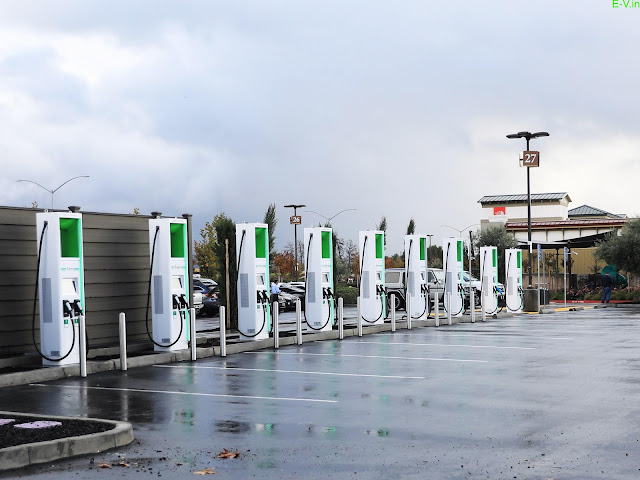The Rise of Electric Cars in Lancashire: Driving Towards a Sustainable Future
1. The Benefits of Electric Cars:
- Reduced Emissions: Electric cars produce zero tailpipe emissions, significantly reducing air pollution and greenhouse gas emissions.
- Energy Efficiency: EVs are more energy-efficient compared to internal combustion engine vehicles, resulting in lower fuel consumption and operational costs.
- Improved Air Quality: By reducing reliance on fossil fuels, electric cars contribute to cleaner air, leading to improved public health and quality of life.
- Renewable Energy Integration: EVs can be charged using renewable energy sources, further reducing carbon footprint and dependence on fossil fuels.
2. Charging Infrastructure Development:
- Public Charging Points: Lancashire is witnessing a steady increase in the installation of public charging points across the region, making EV charging more accessible and convenient.
- Workplace and Residential Charging: Many workplaces, residential complexes, and public amenities in Lancashire are now equipped with EV charging stations, encouraging EV ownership and usage.
- Rapid Charging Network: The development of rapid charging infrastructure along major transportation routes is underway, enabling long-distance travel and addressing range anxiety concerns.
3. Government Incentives and Support:
- Grants and Subsidies: Various government incentives, such as the Plug-In Car Grant and grants for installing home charging points, are available to encourage EV adoption in Lancashire.
- Low Emission Zones: Lancashire is exploring the implementation of low emission zones to further incentivize the use of electric vehicles and discourage polluting vehicles from entering designated areas.
4. Business and Local Authority Initiatives:
- Fleet Electrification: Businesses in Lancashire are transitioning their vehicle fleets to electric, contributing to the growth of EV adoption and reducing their carbon footprint.
- Local Authority Commitments: Local councils in Lancashire are leading by example, pledging to electrify their own vehicle fleets and supporting EV infrastructure development.
5. Community Engagement and Awareness:
- Electric Vehicle Events: Organizing EV showcase events, test drives, and information sessions helps educate the public about the benefits and capabilities of electric cars.
- Community Charging Hubs: Creating community-based charging hubs and encouraging shared charging facilities promotes accessibility and cooperation among EV users.
Lancashire is making remarkable progress in embracing electric cars as a sustainable transportation solution. With the benefits of reduced emissions, improved air quality, and the ongoing development of charging infrastructure, Lancashire is driving towards a cleaner and greener future. By continuing to support EV adoption through government incentives, business initiatives, and community engagement, Lancashire is poised to become a leading region in the transition to electric mobility, setting an example for others to follow.




Comments
Post a Comment